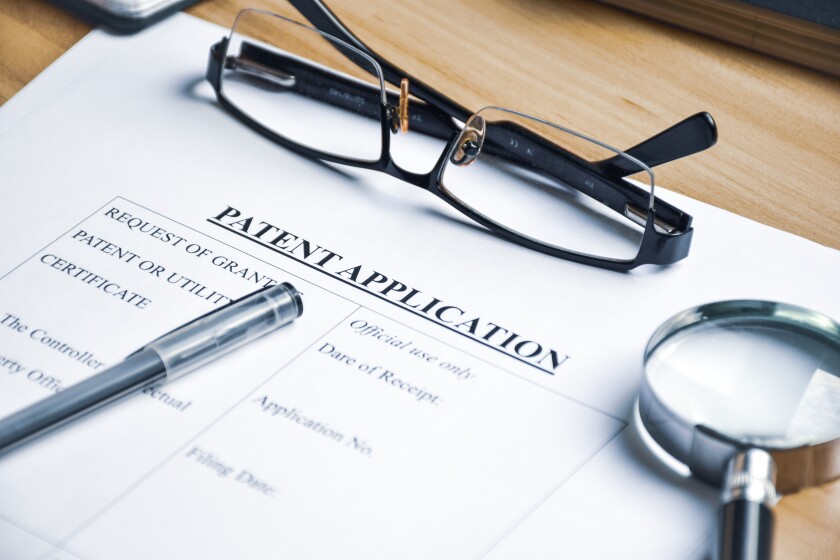The Korean Intellectual Property Office (KIPO) has been providing a variety of ways to expedite patent examination. However, one of the ironies of this accelerated patent examination system is that the more it is used, the more it can delay other regular examination procedures. Therefore, for the overall efficiency of the patent system, it is necessary to control the quantity of cases utilising the fast track.
This is exactly what happened in South Korea at the start of 2024. In 2019, it took about 10.8 months for the KIPO to issue the first office action. In the first half of 2023, this grew to about 16 months, while now it takes almost two years. After internal analysis, the KIPO concluded that its accelerated examination system has, at least in part, contributed to this overall delay. To eliminate the backlog and delays, the Enforcement Decree of the Korean Patent Act has been amended, effective as of January 1 2024, to reduce the number of applications that can be put on to the fast track.
Before 2024, there were five major routes that foreign applicants could use to expedite the examination of their patent applications:
The Patent Prosecution Highway (PPH) route;
The search agency route;
The working-of-invention route;
The technology-based route; and
The KIPO-issued WO/ISA (written opinion from an international searching authority) route.
Among these, the search agency route was one of the most favoured fast-track methods utilised practically by applicants because it was easy to satisfy the requirements; the applicant needed only to pay a search fee, without any other obligations or the submission of any other documents.
However, from January 2024, the search agency route is no longer available. Under the new system, however, the technology-based route has been substantially expanded. Since early patent grant is crucial or better in some situations, it will be useful to have some knowledge about the new accelerated patent examination system in Korea.
The Patent Prosecution Highway route
The PPH route is used quite often in Korea. To use this route, the applicant must already have received positive examination results from other national patent offices or international searching and international preliminary examining authorities. Using the PPH route does not guarantee an automatic grant of patent; rather, the KIPO conducts the examination on its own. From Hanol’s experience, in roughly a third or half of cases, office actions were issued.
The PPH route is efficient when the subject matter allowed in another country is also patent eligible in Korea. But if it is not (for example, when the PPH route is based on the claim “method of treating a human…”, which was allowed in the US), the procedure can be complicated, since the KIPO has to first deal with the issue of the subject matter’s eligibility, which would fundamentally trigger an office action in this regard.
The technology-based route
This route is available where the claimed invention is directed to certain technologies, such as green technologies or fourth industrial revolution (4IR) technologies; for example, AI, the internet of things (IoT), 3D printing, and big data.
‘Green technology’ generally refers to a technology that reduces the emission of greenhouse gases and pollutants, and it includes climate change prediction technology, renewable energy technology, LED technology, high-efficiency secondary battery technology, carbon reduction technology, and waste reduction technology. In the past, the technology had to have received a government certification or financial support from the government to be eligible. However, that restrictive requirement has gone, and it is sufficient to submit a self-conducted search report and explain that the invention can be classified as green technology by the KIPO. The self-conducted search report should be easy to prepare if one has received search results from any national patent offices.
‘4IR technology’ covers a broad range of technologies, including the following KIPO-designated 4IR technologies: AI, the IoT, 3D printing, autonomous vehicles, big data, cloud computing, intelligent robots, smart city, virtual reality and augmented reality, innovative new drugs, customised healthcare, drones, next-generation communication, intelligent semiconductors, advanced materials, and blockchain; smart manufacturing and next-generation biologics have been newly added in 2024.
Since this category covers a broad range of technologies, it can be a very useful tool. As with green technology, the applicant must submit a self-conducted search report, and the application must have been assigned a ‘Z code’ by the KIPO, signifying that the invention is related to 4IR technology.
The KIPO-issued WO/ISA route
This route is available for the Korean national phase application of a Patent Cooperation Treaty (PCT) application for which the KIPO has conducted an international search as the ISA. The KIPO is not necessarily required to be the receiving office of the PCT application, nor is a favorable examination result necessarily required in the WO/ISA.
Working-of-invention route
This route is available where:
An unauthorised third party is practising the claimed invention; or
An applicant or licensee is practising, or preparing to practise, the claimed invention in Korea.
Evidence proving the applicant’s working or preparation of the invention may include photos of a product, a product catalogue or user manual, an actual product sample, a business registration certificate or factory registration certificate, transaction statements (for example, invoices), purchase and/or supply agreements, or licensing agreements.
Korea’s high-tech sector set to capitalise under new system
The main driving force of the new change in the accelerated examination system was to speed up patent examination in the fast-paced high-tech sector. This area is usually highly competitive, innovative, and heavily patent dependent. Any companies in such fields will have much to gain from Korea’s new accelerated examination system, which prioritises those that are pushing the frontiers.












